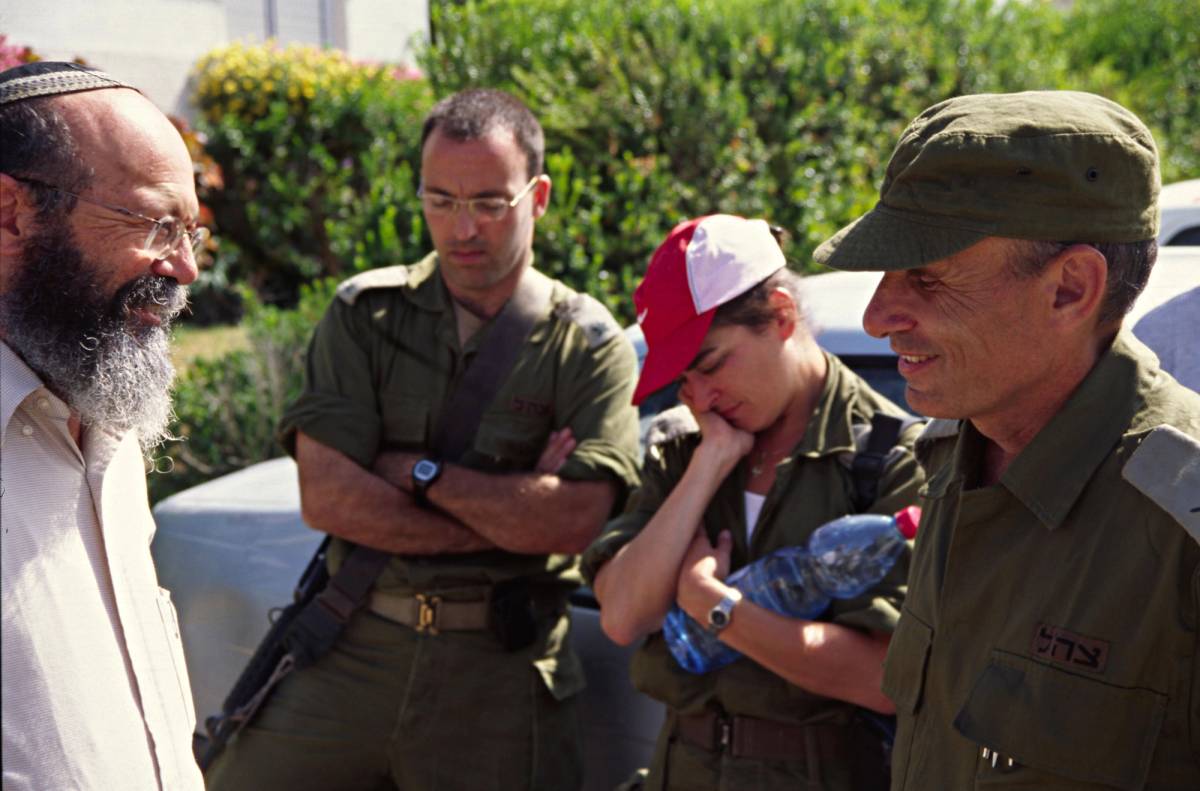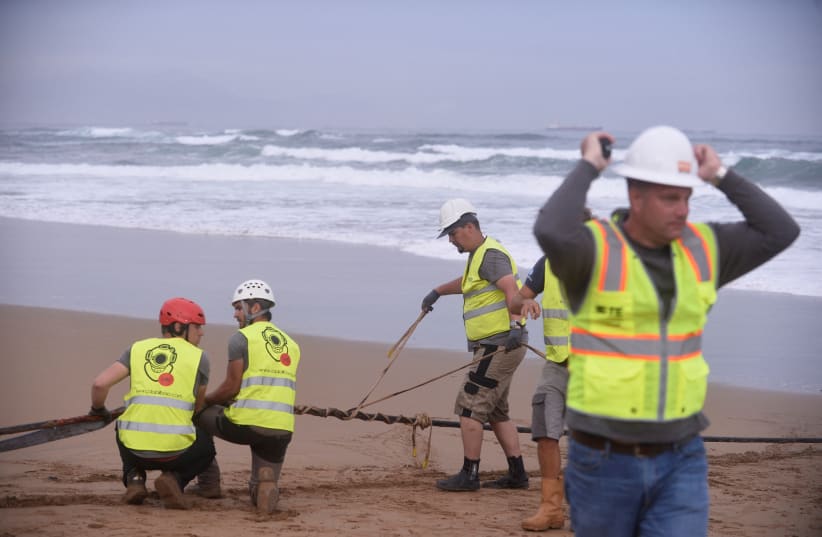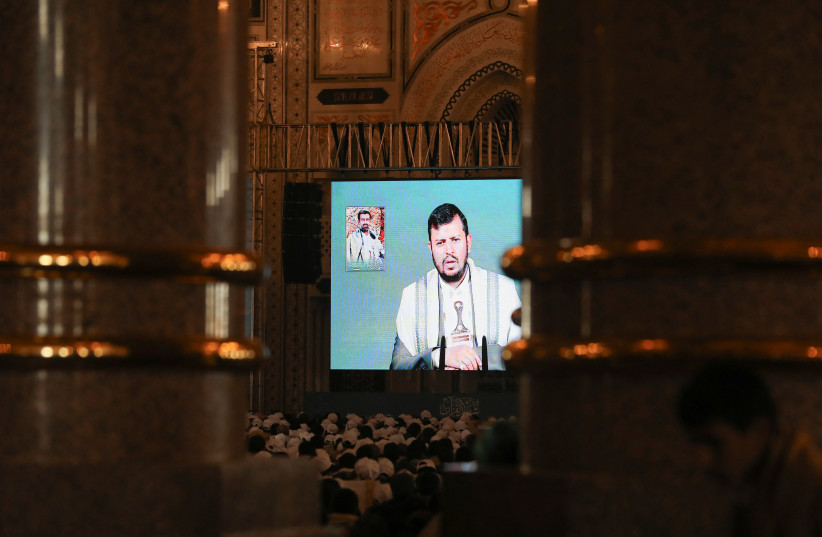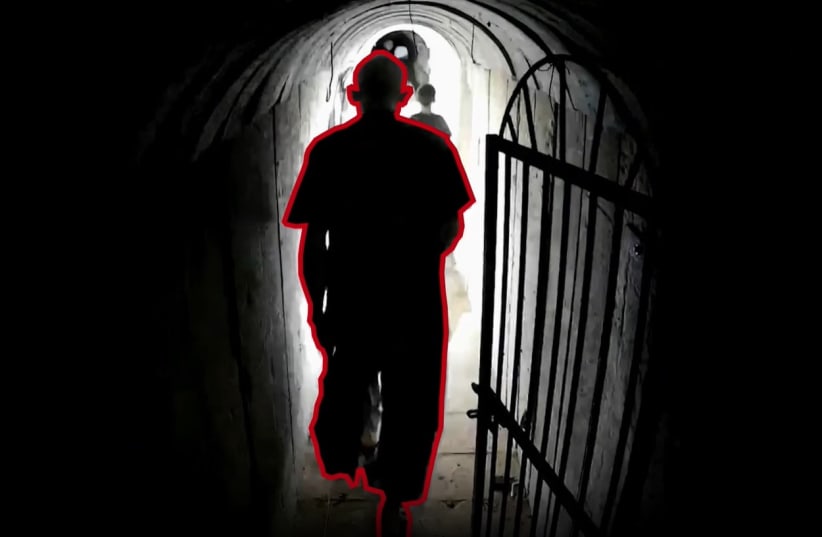by Steven Richards
Hunter Biden delivered his closed door testimony to the Oversight Committee on Wednesday, conflicting with statements from other sworn witnesses and evidence accepted by the FBI as genuine from his own emails.
In his opening statement to the House Oversight Committee on Wednesday, Hunter Biden told investigators that he did not involve his father in his business deals.
Yet, his assertion directly conflicts with publicly available evidence, Hunter Biden’s own statements, and documentation and witness testimony secured by the committee.
"I am here today to provide the Committees with the one uncontestable fact that should end the false premise of this inquiry: I did not involve my father in my business. Not while I was a practicing lawyer, not in my investments or transactions domestic or international, not as a board member, and not as an artist. Never," he said in his opening statement obtained by Punchbowl News.
Contrary to that claim, here are some of the documented instances where Hunter Biden involved his father, Joe Biden, in his business deals with foreign partners:
Cafe Milano Meetings
In 2014, Hunter Biden hosted a dinner meeting at Cafe Milano in the Georgetown neighborhood of Washington, D.C. Biden’s emails show that he invited two oligarchs with whom he was in business: widow of the former Moscow mayor Yelena Baturina and Kazakhstani businessman Kenes Rakishev.
Devon Archer confirmed in his testimony with the Oversight Committee both Baturina and Rakishev were in attendance. Another Kazakhstani oligarch, the former Prime Minister Karim Massimov also reportedly attended. He also told investigators that then-Vice President Biden showed up at the meeting and interacted with the assembled partners.
In 2015, Hunter Biden hosted a similar gathering at the same upscale restaurant. He invited Burisma executive Vadim Pozharskyi, the point man between the Ukrainian gas company and the Biden associates. Emails and Archer’s testimony confirm Pozharksyi was present.
“Dear Hunter, thank you for inviting me to DC and giving an opportunity to meet your father and spent (sic) some time together,” Pozharskyi wrote Biden in an email following the dinner meeting. “It's realty [sic] an honor and pleasure.”
Trip to Beijing aboard Air Force Two
In December 2013, Hunter Biden flew to Beijing aboard Air Force Two with his father during an official government trip. During the trip to China, Hunter Biden arranged a meeting between Joe Biden and Jonathan Li in the lobby of the hotel where they were staying.
Jonathan Li is a Chinese businessman who joined with Hunter Biden and his associates in forming BHR Partners, a private equity firm that was backed by several Chinese state owned enterprises, including the Bank of China.
“How do I go to Beijing, halfway around the world, and not see them for a cup of coffee?” Biden told The New Yorker magazine.
Naval Observatory Meeting
In testimony to the impeachment inquiry, Devon Archer told investigators that Hunter Biden arranged a meeting for a foreign client with his father at the official vice presidential residence, the Naval Observatory, Just the News previously reported.
In 2015, Hunter Biden brought Mark Holtzman – then the top official at Kazakhstan’s largest bank – and former Kazakhstani Prime Minister Karim Massimov, who had previously attended one of the Cafe Milano dinners alongside Rakishev, to the residence.
Archer said the meeting was to discuss Massimov’s candidacy to be the United Nations Secretary General. Hunter Biden and Archer were engaged in trying to secure business for Burisma in Kazakhstan at the time, hence the favor for such a prominent banker and the politically-connected oligarch, Archer said.
CEFC China Energy meeting in D.C.
According to recent testimony by Hunter Biden business partner Rob Walker, in early 2017, Hunter Biden and his business associates met with a CEFC delegation – including its Chairman Ye Jianming – at a lunch in Washington, D.C., which Joe Biden attended. A private citizen at the time, Biden joined his son and the delegation of CEFC officials at the lunch and even spoke to the assembled group.
Shortly after that lunch where Ye Jianming met the former vice president, a CEFC affiliate wired $3 million to Walker’s company, Robinson Walker LLC, the first transfer in the deal between the Chinese energy company and Hunter Biden’s group, Walker told the Oversight Committee.
Burisma board meeting in Dubai
In December 2015, Burisma executive Vadim Pozharskyi and owner Mykola Zlochevsky requested Hunter Biden call his father during a board meeting in Dubai to “help them with some of that pressure” the Ukrainian government was putting on the company with its investigations by Prosecutor General Viktor Shokin, Archer testified. Archer said that the call took place and that Pozharskyi later told him Hunter Biden had called his father.
The phone call took place days before then-Vice President Biden visited Ukraine and told President Petro Poroshenko that Shokin, the prosecutor who was putting “pressure” on Burisma, was so corrupt that he had to be fired before Ukraine could receive a $1 billion U.S. loan guarantee that it needed.
Mexican partners visit the White House
Miguel Alemán Velasco and son Miguel Alemán Magnani Jr. – descendants of a former Mexican president – both visited the White House in February 2014, according to White House visitor logs released by the Obama administration and news reports, Just the News previously reported.
Hunter Biden worked closely with the Alemán family at that time until 2016, attempting to drum up business ventures in Mexico that would include roles for the Ukrainian gas company Burisma Holding Ltd., on whose board he served.
Joe Biden was captured on camera giving them a tour of the White House Brady Press Briefing room, shown in photographs published by The Daily Mail. The photo memorialized the meeting with the Alemáns, Hunter Biden, the vice president and Jeff Cooper, a friend of Hunter Biden who was involved in the proposed business deals in Mexico.
In his deposition on Wednesday, Hunter Biden pushed back on this evidence gathered by the impeachment inquiry from witness testimony and other documentation, accusing some witnesses of lying and suggesting evidence from emails may have been altered.
Hunter Biden reportedly told investigators “You have built your entire partisan house of cards on lies told by the likes of Gal Luft, Tony Bobulinski, Alexander Smirnov, and Jason Galanis. Luft, who is a fugitive, has been indicted for his lies and other crimes; Smirnov, who has made you dupes in carrying out a Russian disinformation campaign waged against my father, has been indicted for his lies; Bobulinski, who has been exposed for the many false statements he has made, and Galanis, who is serving 14 years in prison for fraud.”
“Rather than follow the facts as they have been laid out before you in bank records, financial statements, correspondence, and other witness testimony, you continue your frantic search to prove the lies you, and those you rely on, keep peddling. Yes, they are lies,” he protested.
After the first son’s testimony, Chairman of the Oversight Committee James Comer said the inquiry would continue, with the next step being a public hearing to address “contradictory” statements from the witness.
“I think this was a great deposition for us. It proved several bits of our evidence that we've been conducting throughout this investigation,” Comer told reporters, according to an Oversight Committee post on X.
“But there were also some contradictory statements that I think need further review,” he added. Comer believes that a public hearing is necessary to address the discrepancies between Hunter Biden’s statements and testimony from other impeachment witnesses, including former business partners.
“So, I think that the public hearing hopefully will clear up some discrepancies between some of the statements that were made between some of the associates and what we heard today,” Comer said.
Steven Richards
Source: https://justthenews.com/accountability/political-ethics/hunter-bidens-opening-statement-investigators-contradicts-witness








 What
about American support for Israel? Exactly where does this leftist icon
stand on the nation-state of the Jewish People? Soros has a long
history generously supporting organizations whose goals are to undermine
or to outright destroy the Jewish state. In October, 2023, hundreds of
protesters representing two anti-Israel groups
What
about American support for Israel? Exactly where does this leftist icon
stand on the nation-state of the Jewish People? Soros has a long
history generously supporting organizations whose goals are to undermine
or to outright destroy the Jewish state. In October, 2023, hundreds of
protesters representing two anti-Israel groups 
